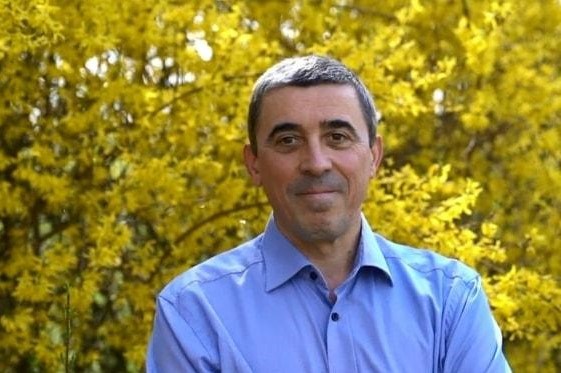One of Belgium’s top research scientists, Peter Carmeliet, plans to move himself and his laboratory to Denmark, to avoid being forced to retire when he reaches the age of 65.
Carmeliet is one of the country’s most decorated scientists: a professor at the university of Leuven, created a Baron in 2015, a member of the Royal Netherlands Academy of Arts and Sciences since 2017 and, since this year, a member of the American Academy of Arts & Sciences – former members Einstein and Darwin.
He also has numerous prizes and awards to his name.
His work covers the field of angiogenesis – the story of how blood vessels are formed. It may sound obscure, but it is of crucial importance in cancer cases. Often, the blood vessels inside a cancer do not develop normally, which leads them to break, whereby the blood escapes and can cause metastases – secondary cancer sites.
By studying the development of blood vessels, and eventually controlling it, it might be possible to stop one cancer from spreading throughout the body, thus reducing the patient’s chances of recovery.
However that important work is due to come to an end in December 2024, when Carmeliet turns 65 and, according to the rules, must go into retirement, regardless of his capacity to direct his lab and continue his work.
But the problems don’t start three years from now. They have already begun. Grants that run for three years and more are already either disappearing from his reach, or the sums concerned are reduced.
The same problem is affecting his lab staff of 60 people, whose prospects suffer in tandem with his.
His search for a lifeboat took him to Denmark, where he will take up a part-time post in April at the university of Aarhus, the largest in the country and the second-oldest, established in 1928.
“Leuven will remain my home base until I am 65,” he told De Tijd in a long interview this weekend.
“I remain loyal to VIB [the Flemish Institute for Biotechnology] and KU Leuven. But we have to phase out here, and the centre of gravity will tilt towards Denmark. We are already setting up a lab and have recruited two people who are being trained here,” he said.
“Researchers and staff from here go there. That creates some traffic back and forth. For the time being, I see it as one big lab in two places, to eventually bring everything together in Aarhus.”

